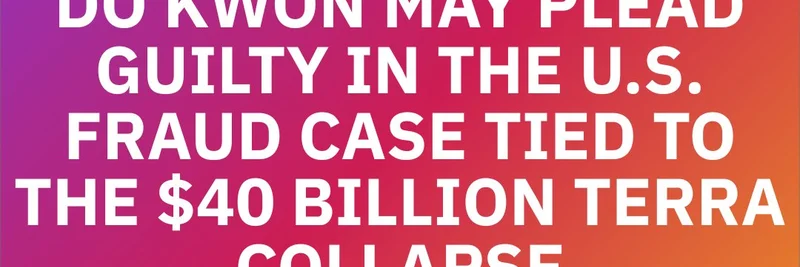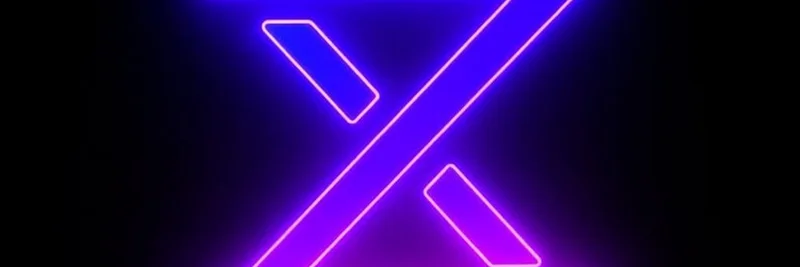If you've been following the wild ride of cryptocurrency, especially the dramatic fall of Terra in 2022, there's some fresh news that's got everyone talking. A recent tweet from the Unchained podcast hints that Do Kwon, the founder of Terraform Labs, might be flipping his plea to guilty in the ongoing U.S. fraud case. This case stems from the epic $40 billion collapse of the Terra ecosystem, which sent shockwaves through the entire crypto market.
The tweet points out a newly filed court order suggesting Kwon could change his initial not guilty plea. Back in January, he faced nine serious felony charges, including securities fraud, wire fraud, commodities fraud, market manipulation, and money laundering conspiracy. These all tie back to the Terra crash, where the algorithmic stablecoin UST lost its peg, and LUNA token plummeted to near zero, wiping out billions in value overnight.
For those new to this saga, Terra was designed as a stablecoin ecosystem where UST aimed to stay pegged to $1 through clever algorithms involving LUNA. But when things went south in May 2022, it triggered a death spiral that not only tanked Terra but also rattled broader DeFi (decentralized finance) protocols and even influenced meme token volatility. Remember how the crash led to heightened scrutiny on high-risk crypto projects, including those fun but unpredictable meme coins?
Why This Matters for Meme Token Enthusiasts
While Terra wasn't a pure meme token like Dogecoin or Shiba Inu, its collapse highlighted the risks in speculative crypto assets. Meme tokens often thrive on hype and community, but events like this remind us of the regulatory hammer that could drop. If Kwon pleads guilty, it could set precedents for how U.S. authorities handle fraud in blockchain projects, potentially affecting how meme token creators operate. Think stricter KYC (know your customer) rules or more oversight on token launches.
In the thread, there's also mention of Kwon's initial plea and the charges, underscoring the gravity of the situation. One reply notes how the Terra event already reshaped DeFi risk models, and a guilty plea might turn it into a landmark legal case rather than just a market blip. This could influence future innovations in meme tokens, pushing for more transparent and sustainable models.
Broader Implications for Crypto
Diving deeper, this development comes after Kwon's extradition battles—he was arrested in Montenegro and faced tug-of-war between South Korea and the U.S. If he does plead guilty, it might lead to a quicker resolution, possibly lighter sentencing, but it also validates the SEC's stance on crypto as securities in some cases. For blockchain practitioners, this is a wake-up call to prioritize compliance and robust tech foundations.
Meme tokens, often born from viral trends, could see indirect effects. Post-Terra, we've witnessed more cautious investor behavior, with communities demanding better audits and real utility. Projects like Pepe or Dogwifhat have navigated this landscape by leaning into pure memetics while avoiding overpromising stability.
Staying Informed
As this story unfolds, keep an eye on reliable sources like Unchained for no-hype updates. At Meme Insider, we're committed to breaking down these events to help you navigate the meme token world smarter. Whether you're a trader, developer, or just crypto-curious, understanding these legal twists can sharpen your edge in blockchain.
What do you think—will this plea change the game for meme tokens? Drop your thoughts in the comments below!


